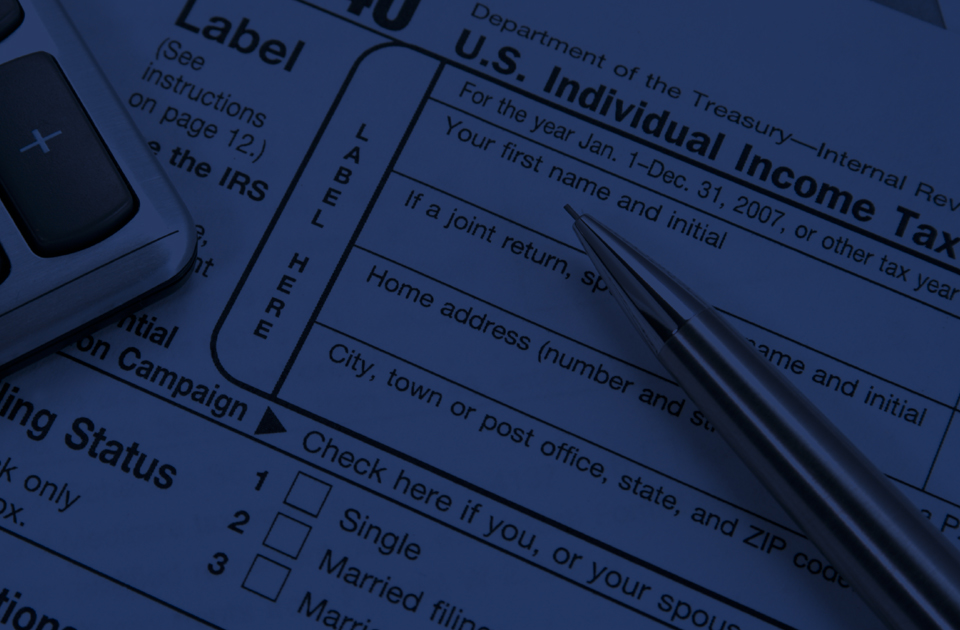
California taxpayers should be aware of two major ballot propositions on California’s November 6th, 2012 ballot that are designed to raise taxes on both businesses and individuals. These ballot propositions are California Proposition 30 sponsored by Governor Jerry Brown and California Proposition 39 which is an initiated state statute. Note that similar legislation to what is included in Proposition 39 is currently being voted on in the California Senate and if passed would make, Proposition 39 essentially moot. Below are highlights with respect to each of the ballot propositions:
California Proposition 30
- Raises the state sales tax rate to 7.5% from 7.25% a 3.45% percentage increase over current rate.
- Creates four high income tax brackets for individuals with taxable incomes exceeding $250,000, $300,000, $500,000 and $1,000,000 for a seven year period. The tax applied at these income levels is as follows:
- 10.3% tax rate on taxable income over $250,000 but less than $300,000;
- 11.3% tax rate on taxable income over $300,000 but less than $500,000;
- 12.3% tax rate on taxable income over $500,000 but less than $1,000,000;
- 13.3% tax rate on taxable income over $1,000,000.
If this proposition is passed by a majority of the people’s vote, it will apply retroactively to all income earned or received as of January 1st, 2012.
California Proposition 39
- Requires taxpayers to compute their California state apportionment factor utilizing a single sales factor. A single sales factor provides a fraction used to allocate taxable income to California for taxpayers with multi-state operations. If approved, the fraction is determined based on California sales in the numerator and total sales in the denominator. This sales factor is then applied to taxable income to determine the amount subject to California tax.
It is important that taxpayers assess the impact of California Proposition 30 and 39 on both individuals and businesses as they head to the voting booths in early November.

